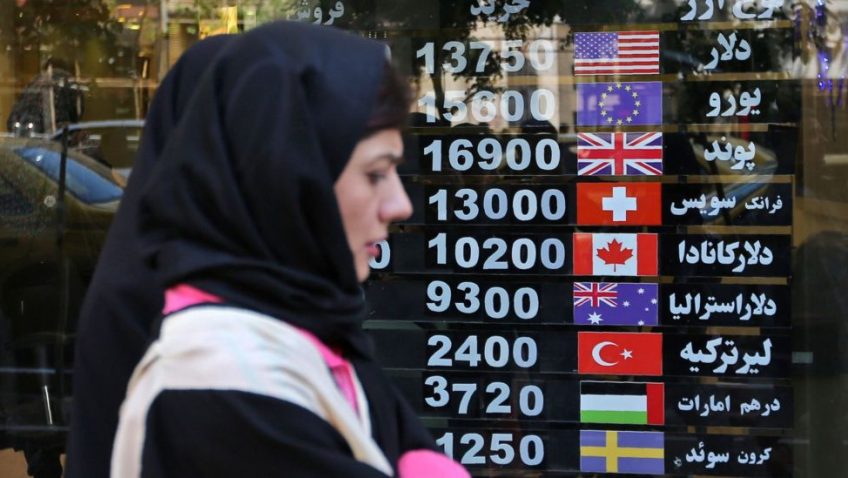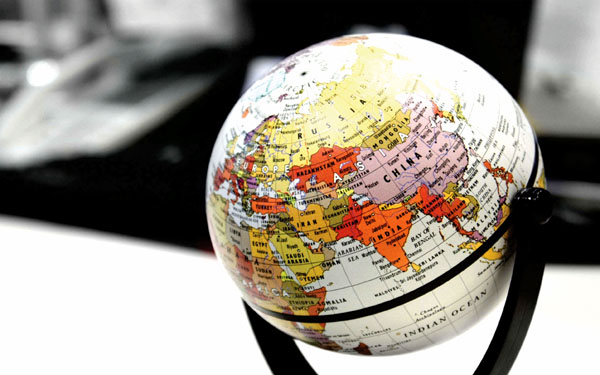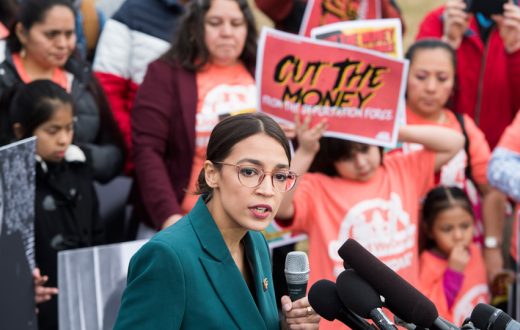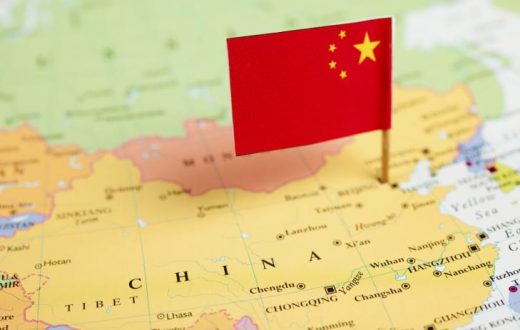“A nation that is boycotted is a nation that is in sight of surrender. Apply this economic, peaceful, silent, deadly remedy and there will be no need for force. It is a terrible remedy. It does not cost a life outside the nation boycotted, but it brings pressure upon the nation which, in my judgment, no modern nation could resist.” – Woodrow Wilson
Economic sanctions are an often used terminology in International Politics. In the present era especially, when warfare and military interventions don’t guarantee the success it once did, state leaders are largely resorting to so-called economic sanctions to prove their weight
against the contesting sate. The rise in economic sanctions also goes on to show that in our highly globalized and interconnected world order with no one superpower guiding the rules and trends of the market, economics, trade and commerce has gained a whole new dimension of its own.
However, one should note that economic sanctions are not the offspring of our new globalized world order. The first ever documented use of economic pressure by a state to gain political ends goes back to ancient Greece in 432 B.C. The U.S, which is notorious in its liberal use of economic sanctions whenever it deems fit, first made use of economic sanctions before the 1812 War against Britain. Thus, we can attribute Mr Woodrow Wilson as the first political leader to have realized the importance of economic and financial pressure as a better an alternative to warfare in modern times. Some of the significant economic sanctions levied by states in the present context are the sanctions against:
• South Africa over its apartheid policy which turned out to be a global boycott
• Iraq over the tenure of its political dictator, Saddam Hussein
• Russia for its seizure of Crimea and consequent military intervention in Ukraine
• Iran over its nuclear program
• Qatar by its Middle Eastern neighbours such as Saudi Arabia, UAE, and Bahrain over the state’s relations with Iran and the possible financial support provided by the state to Islamist groups such as the Muslim Brotherhood
• North Korea over its possible nuclear aspirations
What do these sanctions imply? While the economic pressure levied against the South African Apartheid Government can be said to be a success, mostly because it was a global boycott, the same cannot be said of the others. Sanctions against Iraq saw the further the disintegration of the state while the sanctions against Russia haven’t stopped the country
from taking further actions in Ukraine. The world witnessed Qatar coming out strongly against its boycott by its once immediate allies, giving it a new edge in Middle Eastern politics and the universal freeze-out of North Korea didn’t stop the country from going ahead with its nuclear ambitions anyway.
The very recent crackdown on Iran by the Trump regime can very well be observed as a fight that the U.S is destined to lose out on. By reinstating all the sanctions removed under the 2015 nuclear deal, not only impacting Iran but all the states that wish to trade with the oil rich nation, the Trump administration’s decision has impacted world oil exports, shipping and banking, not to mention people’s livelihood; which are all crucial aspects of the world economy. It can very well be said that these sanctions have the potential to backfire on the US because for one, the UK, Germany and France, who are still committed to the nuclear deal, have all objected to these sanctions. Adding to this is the fact that the US administration has provided exemptions to eight countries, including India, to continue importing Iranian oil thus proving yet again that the US needs allies even when the allies are conducting business with theenemy state.
The US clearly understands the fact that sanctions cannot work in this modern world of ours without some hard power backing from other states.
With the apparent backing out of the European Union and the further wavering of sanctions under CAATSA1 towards India and other states, America has showcased that it needs allies and if economic sanctions are to ever work, it requires collective action; which can be termed
as a farfetched dream considering the fact that Sovereign countries have their own personal ambitions and that even though the world is increasingly becoming interlinked and interconnected, individual aspirations are always carried out discretely.
Another important question to be asked is the time period of these so-called sanctions. India had faced sanctions from the US, Canada, Japan and several other nations right after the country’s Pokhran Nuclear Tests in 1998. But subsequent agreements such as the 123 Agreement between India and the US in 2005 as well as the Indo-Japanese Civil Nuclear Deal of 2016 clearly goes on to show that sanctions can only go as much as the wants and the needs of the respective leaders of the states and the changing security perceptions of global society.
Are sanctions a better option than warfare? Yes, it is when used with caution and through a proper channel such as by the general consensus of the United Nations Security Council (UNSC) or the United Nations General Assembly (UNGA). Sanctions can prove to be a dismal affair when it is played out by one state or a group of the state against the so-called “aggressor state”. It can be more destructive in the sense that no longer is a conflict between two states going to remain between the respective states. The international polity is so tightly intertwined in terms of trade and commerce that an embargo or a sanction against one country is clearly going to have an effect on the other states, thus affecting the unsuspecting civilians and their livelihood which can, in turn, lead internal security issues.
At the end of the day, it is necessary to understand the fact that collective consciousness is the key to cooperative and well-adjusted world order. While economic sanctions may be termed as the better evil, States should see to it that in the process, you don’t become your own worst enemy!
Here’s another article on consequences of sanctions : http://www.young-diplomats.com/how-sanctions-lead-to-human-rights-crisis/








